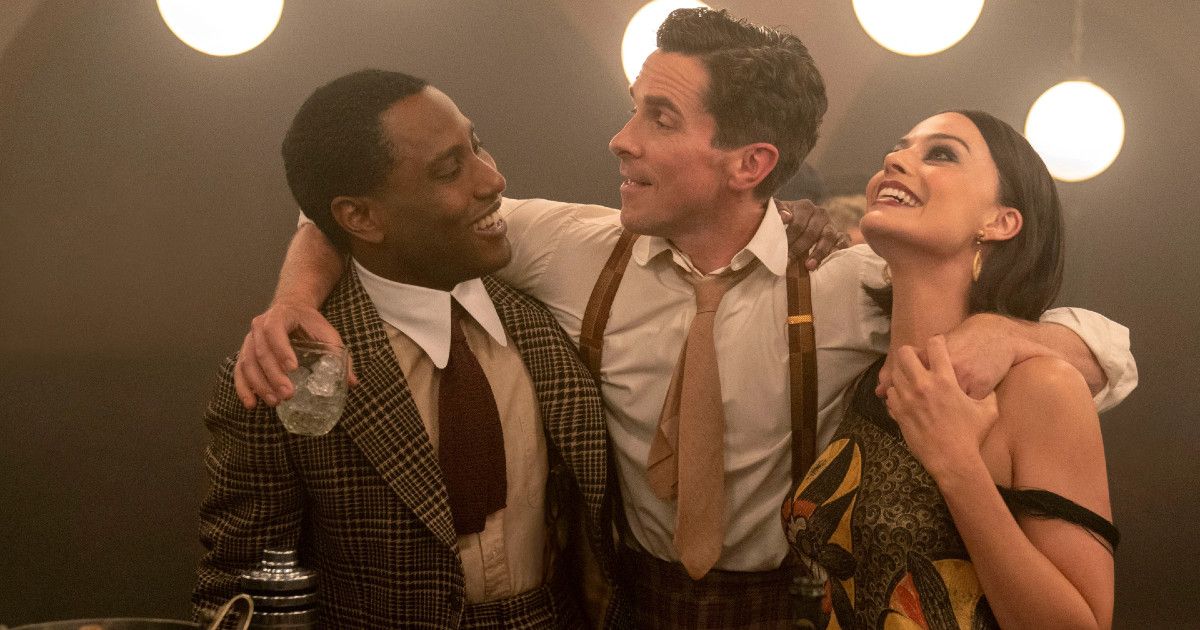Although he never held the household name value that many of his contemporaries garnered over their respective careers, David O. Russell was once among the hottest, highest-rated filmmakers that Hollywood had to offer. But he seemingly unraveled soon into his career, developing a manic mental state that mirrored the mercurial plot points and overall tone of his pictures.
And even when he was able to avoid any negative publicity behind the scenes his given films, David O. Russell couldn’t even kick it in the eyes of critics. There are a few notable examples re: his qualitative shortcomings as a director, but when most film fans think of O. Russell and the general notion of controversy, the first thought that springs to mind undoubtedly revolves around one word: abuse, be it by physical attacks or by spouting vitriol.
His Behind-the-Scenes Antics
Throughout his years on the Hollywood block, David O. Russell has grown increasingly notorious for his abusive behavior both on film sets to his actors and in public to his contemporaries. For starters, legend has it that at an indiscriminate Hollywood party, he put famous English director Christopher Nolan into a headlock. And for as fascinating a tidbit as that is, most of the other examples of his controversial interactions came with his actors on set.The first was with his third ever feature in
Three Kings
(1999),
a relatively underrated war film
with George Clooney, Ice Cube, and Mark Wahlberg in the lead roles. On set, O. Russell exchanged words with Clooney before so boldly attacking the American actor with a headbutt. Clooney of course retaliated, grabbing the director by the throat, but the two were then separated before any further escalation. Of course, they agreed to continue filming, and that was for the best.
Three Kings
is undoubtedly among the highest-quality films (and most underrated, from a modern perspective) of their respective careers.With his following project five years down the line, the director at hand got into it with yet another one of his performers — this time, it was actress Lily Tomlin on the set of
I Heart Huckabees
(2004). This incident was highly publicized at the time as O. Russell spouted vitriol in her every direction, but Tomlin actually forgave the director years later. Unfortunately, though, things didn’t end there.The final, disturbing story in this regard came with
American Hustle
(2013), a crime film with Jennifer Lawrence, Bradley Cooper, Jeremy Renner, and many talented others. It was quite
the star-studded cast
, and they all played part in rendering this one of the best films of its year. But it wouldn’t have been a David O. Russell project without a little bit of controversy.This time, he feuded with adored American actress Amy Adams, for one reason or another. Who knows, at this point? He at one point got so heated with her that lead actor Christian Bale was forced to step in and calm the director down, with Adams even calling the filming process a “living hell”. This is arguably the most publicized case, as Adams remains the only one of these performers who has yet to forgive O. Russell. And by all accounts, that’s completely reasonable. But even with those other talents making amends, O. Russell can’t seem to shake the negative publicity — now due to a series of critical duds.
His Fall From Critical Grace


His early career never took off as it should have, as
Spanking the Monkey
(1994),
Flirting With Disaster
(1996), and
Three Kings
all remain among
the most underrated
projects of the entire 1990s from a modern standpoint. The aforementioned comedy
I Heart Huckabees
didn’t exactly help his critical or commercial case, either. But then, he released
The Fighter
(2010), a biographical sports drama starring Mark Wahlberg and Christian Bale.That Oscar darling catapulted his career to the pinnacle of critical acclaim, and only led to further success with both
Silver Linings Playbook
(2012) and
American Hustle
in the following year — both of which featured Jennifer Lawrence. Their third collaboration came by way of
Joy
(2015), which made decent money in theaters but failed to gain any serious traction with pundits of the industry. It did garner Lawrence a nomination for Best Actress, though.Then, the career of David O. Russell truly took a turn for the catastrophic as he directed
Accidental Love
(2015). It is worth noting that he quit the project and removed his name entirely therefrom five years before it ever saw the theatrical light of day. But his name is attached to the project whether he wants it there or not, and it marked the beginning of the end.He took several years off, and returned in brutal fashion with
Amsterdam
(2022), a
bomb at the box office
that divided critics and audiences alike in terms of overall quality. That’s likely still fresh on a lot of your minds, and best remains put like this: if audiences weren’t tired of O. Russell before, then failing to capitalize on such a consummate cast essentially acted as the final straw.There’s no telling what feature will follow in his filmography, but it will nonetheless be interesting to see how audiences respond. Let’s just hope that in his next outing, O. Russell can keep his cool and see everything come into seamless fruition.
This story originally appeared on Movieweb

